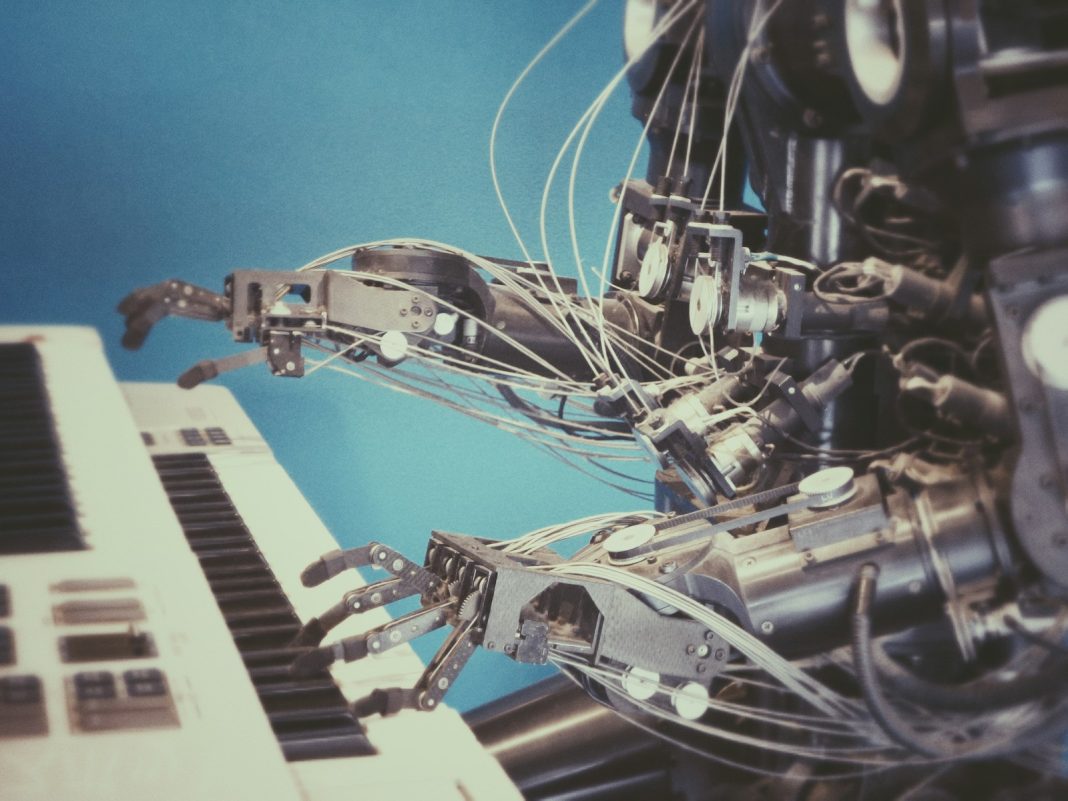In the quest to harness the potential of Artificial Intelligence (AI) while mitigating its potential risks, innovative approaches to regulation and licensing are emerging as pivotal strategies. With the European Union’s pioneering AI Act setting a precedent, discussions are rife about how to ensure AI’s benefits are maximized while its harms are minimized.
One such novel proposal is the adaptation of existing software licensing models to the realm of AI. Comparable to the concept of open-source software, the notion of Open Responsible AI Licenses (OpenRails) is gaining traction as a means to foster innovation while imposing ethical guardrails on AI development.
OpenRails operates on the principle of openness coupled with responsibility. Developers are encouraged to release their AI systems under this license, granting users the freedom to use, adapt, and share the technology while adhering to specified conditions. These conditions include refraining from illegal activities, obtaining consent before impersonating individuals, and avoiding discriminatory practices.
Moreover, OpenRails allows for tailoring conditions specific to the technology in question. For instance, developers can stipulate limitations on the application of their AI, ensuring it is used ethically and responsibly. This flexibility addresses the inherent challenge of predicting the potential misuse of AI technologies, thereby reducing the risk of unintended consequences.
In contrast to proprietary licenses, which prioritize the interests of creators and investors, OpenRails promotes openness and collaboration. While proprietary models have historically propelled tech giants like Microsoft, the dynamic landscape of AI demands a more nuanced approach to encourage progress and innovation.
Despite the prevalence of closed AI systems operated by major corporations, there is a growing trend towards openness within the industry. Notable examples include Meta’s Llama-v2 and the image generator Stable Diffusion, both of which are open source. Additionally, emerging start ups like Mistral are poised to release advanced AI models openly, mirroring the ethos of open innovation.
However, the pursuit of openness must be balanced with a sense of responsibility. The transformative potential of AI brings forth various risks, ranging from algorithmic discrimination to job displacement and existential threats. As AI becomes increasingly integrated into societal infrastructure, the need for ethical oversight becomes paramount.
Drawing parallels between AI and free speech underscores the importance of responsible innovation. Just as free speech fosters democratic values and cultural diversity, AI shapes the dissemination of information and cultural expression. Consequently, there is a compelling argument for ensuring the fruits of AI innovation are shared openly, albeit with ethical constraints.
The proliferation of AI models under permissive open-source licenses, exemplified by the HuggingFace platform, reflects the industry’s commitment to collaborative progress. By adopting OpenRails, developers can navigate the ethical complexities of AI innovation, setting clear boundaries to prevent misuse and harm.
However, the efficacy of licensing-based approaches hinges on enforceability. While legal mechanisms exist to deter infringement, such as cease and desist letters and potential court action, challenges remain in effectively policing AI usage. Despite these limitations, the widespread adoption of OpenRails signals a promising step towards responsible AI development.
In conclusion, as AI continues to shape our future, innovative approaches to regulation and licensing are essential to safeguarding ethical development. While the freedom to share AI openly is fundamental, responsible constraints are necessary to mitigate potential harms. Open Responsible AI Licenses represent a pragmatic solution, balancing openness with accountability in the pursuit of responsible innovation.


